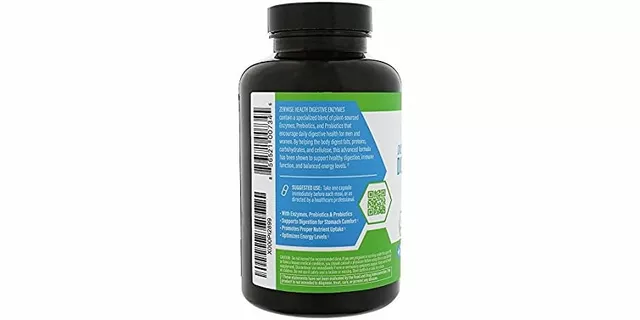Provider Communication: How to Talk to Your Doctor About Medications
When it comes to your health, provider communication, the clear, two-way exchange between patients and healthcare professionals about medications, symptoms, and treatment goals. Also known as doctor-patient dialogue, it’s not just polite—it’s life-saving. Too many people leave the office with a prescription but no real understanding of what they’re taking, why, or what could go wrong. That’s where provider communication makes the difference between safe care and a preventable error.
Good provider communication, the clear, two-way exchange between patients and healthcare professionals about medications, symptoms, and treatment goals. Also known as doctor-patient dialogue, it’s not just polite—it’s life-saving. Too many people leave the office with a prescription but no real understanding of what they’re taking, why, or what could go wrong. That’s where provider communication makes the difference between safe care and a preventable error.
Think about the medication safety, the practice of preventing harmful errors related to drug use, from dosing mistakes to dangerous interactions. Also known as drug safety, it relies on patients asking questions and providers listening. You wouldn’t drive a car without knowing how the brakes work. Why take a pill without knowing if it reacts with your coffee, your grapefruit, or your other meds? The posts here cover real cases—like how licorice candy can mess with blood pressure drugs, or how grapefruit turns statins into a risk for muscle damage. These aren’t hypotheticals. They happen every day because someone didn’t speak up.
And it’s not just about side effects. drug interactions, when two or more medications affect each other’s behavior in the body, often dangerously. Also known as medication conflicts, they’re behind many hospital visits. Antiretrovirals can clash with common heart meds. ACE inhibitors and high-potassium foods can spike your levels. Even something as simple as atenolol and alcohol can drop your blood pressure too far. If you’re on more than one drug—and most people are—you need to know how they work together. Your provider can’t read your mind. You have to tell them what you’re taking, even the supplements and over-the-counter stuff.
Then there’s patient advocacy, the act of speaking up for your own health needs, asking for clarification, and refusing to accept vague answers. Also known as health self-advocacy, it’s the skill that turns passive patients into active partners. It’s not rude to ask, "What happens if I miss a dose?" or "Is there a cheaper option?" or "Could this be causing my anxiety?" The most effective patients aren’t the ones who remember every detail—they’re the ones who ask the right questions. The posts here show how people just like you learned to spot red flags: the anxiety from steroids, the kidney risks from lisinopril during pregnancy, the overdose signs from olanzapine. They didn’t guess. They asked. And you can too.
You don’t need a medical degree to protect yourself. You just need to speak up, write things down, and keep asking until you understand. The information below isn’t just a list of articles—it’s a toolkit. Whether you’re managing asthma with bronchodilators, watching potassium levels on ACE inhibitors, or trying to avoid dangerous combos with HIV meds, the answers are here. No jargon. No fluff. Just what you need to talk smarter, stay safer, and take real control of your care.

How Providers Can Advocate for Generic Medications to Improve Patient Adherence and Lower Costs
Healthcare providers play a vital role in helping patients understand and accept generic medications. Learn how clear communication, cost awareness, and trust can improve adherence and reduce unnecessary spending.
Categories
- Medications (89)
- Health and Wellness (47)
- Pharmacy Services (15)
- Chronic Conditions (9)
- Women Health (6)
- Health and Nutrition (5)
- Medical Research (4)
- Mental Health (4)
- Child Health (2)
- Skincare (2)
Popular Articles



